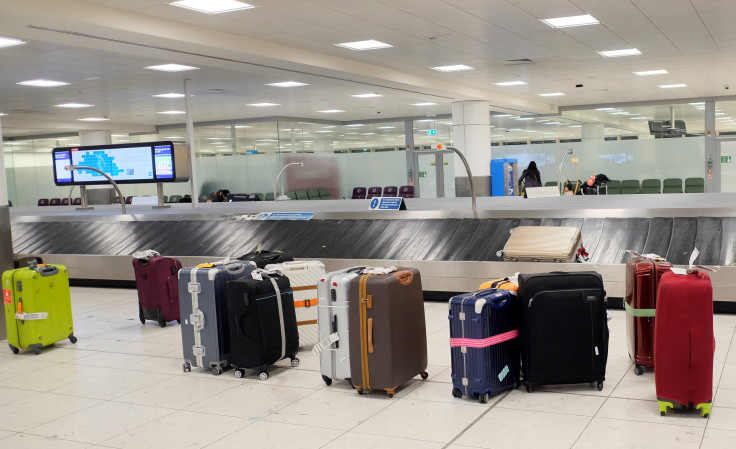Man Hides 29 Live Finches Inside Hair Rollers, Gets Caught During Luggage Inspection
KEY POINTS
- The man arrived at John F. Kennedy International Airport from Guyana
- The birds were seized during a baggage examination
- The man was sent back to Guyana after paying $300 as civil penalty
A man from Guyana has been denied entry into the United States after the Customs and Border Protection officials found dozens of finches hidden inside hair rollers in his luggage.
The 26-year-old man, whose name was not revealed, arrived at New York City's John F. Kennedy International Airport on Sunday on a flight from Georgetown. During a secondary baggage examination, officers found 29 live finches that were packaged up and sealed inside hair rollers, the CBP said in a statement Tuesday.
The man was on his way to a New Jersey address when the officials intercepted him.
"Customs and Border Protection officers and agriculture specialists face a very complex and challenging task and that is to protect our nation, our citizens, our agricultural resources and our economic security, and they meet that challenge with extraordinary commitment and vigilance," said Marty C. Raybon, acting director of field operations for the New York Field Office.
The agency said no criminal charges were filed against him, but the man had to pay $300 as a civil penalty before he could withdraw his request for entry into the U.S. He was sent back to Guyana the next day.
CBP agricultural specialists quarantined the seized birds before sending them to the Department of Agriculture Veterinary Services.
People can import birds into the country for commercial purposes but they have to follow the rules stipulated by the Department of Agriculture Animal and Plant Health Inspection Service. CBP says birds that aren't imported properly pose a risk of spreading bird flu.
In 2015, there was an outbreak of Highly Pathogenic Avian Influenza that led to the slaughter of over 50 million hens and turkeys that were used for commercial purposes. This caused a financial loss of $1 billion to the U.S. poultry industry.






















